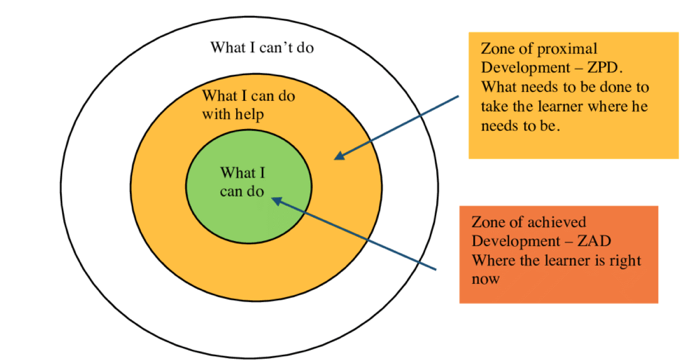I learned so many things during my final practicum, just as I did during the UNBC education program overall. I learned more about myself, about relating to the experiences of others, and how to better communicate my thoughts concretely. There are so many things that it would be impossible to sum it up, but by far the most important thing I learned is how little I actually know. The awareness that you don’t know something as well as you thought you did is a key step in the learning journey, but is often paired with demotivation and learning troughs. This is a knock-on symptom of the Dunning-Kruger effect, in which people who know a little bit about a subject have high confidence in their knowledge, but as they learn more (and see just how little they know) they lose confidence and motivation. This was an important thing for me to think more about, and it is such a real phenomenon especially in the classroom. There are so many students, who upon realising the vast ocean of knowledge out there, simply buckle under the weight of it all. Who can blame them? It is our job as educators to carry some of that weight and let them know that we’re all in it together. We don’t have to know everything, but rather be able to understand what we know and don’t know, and act accordingly.

As an educator my main goal is to help students reach that point where they are ok with not knowing things. Resiliency is such an important quality, but we rarely allow our students to build it. To achieve this, we need to let them try things, let them fail, and show them that it’s ok! The unknown is scary, but you have to engage with it for any of it to become known in the first place. Much like Vygotsky’s zone of proximal development, if we never give the opportunity for students to explore what they do and don’t know — in an environment that they feel safe to do so — we are not setting them up for future success.

What’s next? Well I don’t think anyone really knows that, but we can all try our best to make the future that we want to see. I’m thrilled to be done post-secondary (for now), but even more excited that I now get to go out into the world and start helping others find their own futures. I don’t know where it will take me, but I do know that as long as I stick by my own beliefs and values, everything will work out just fine.